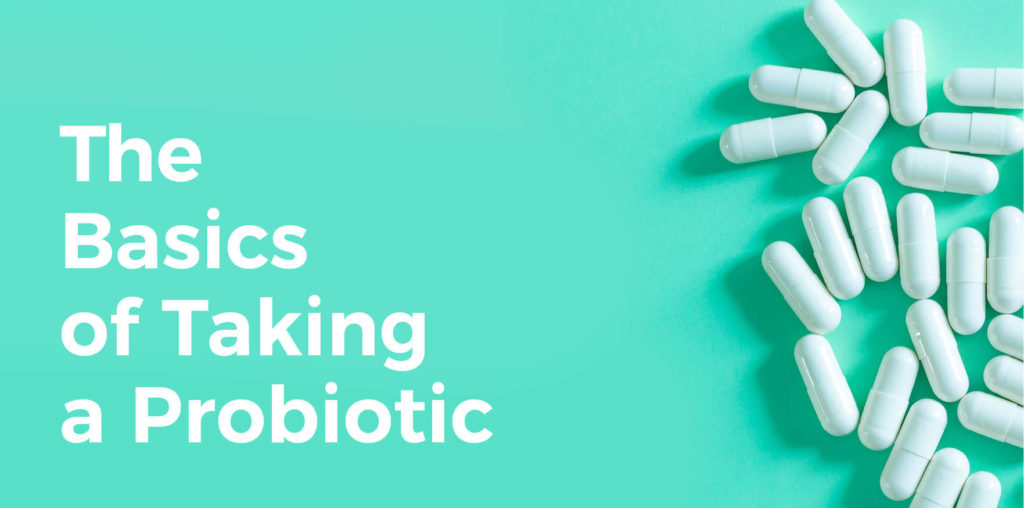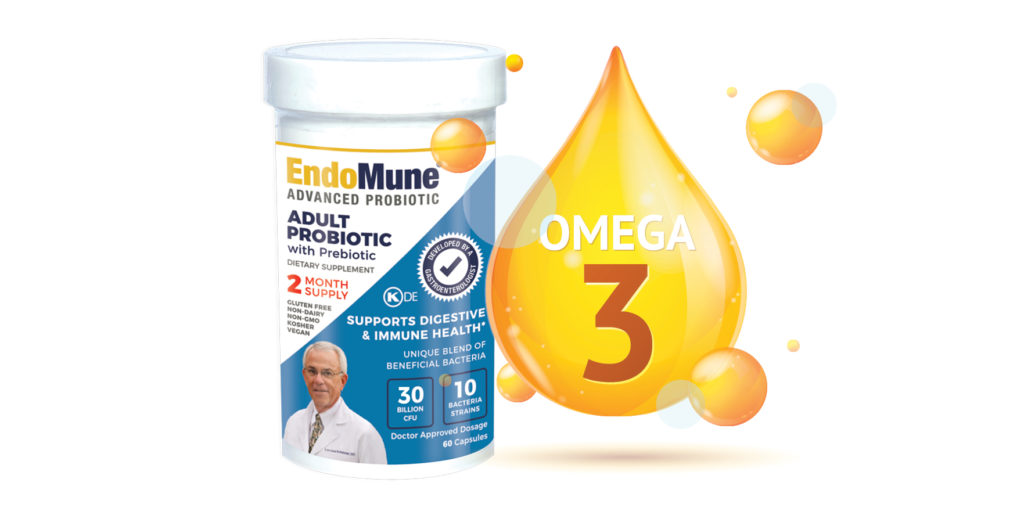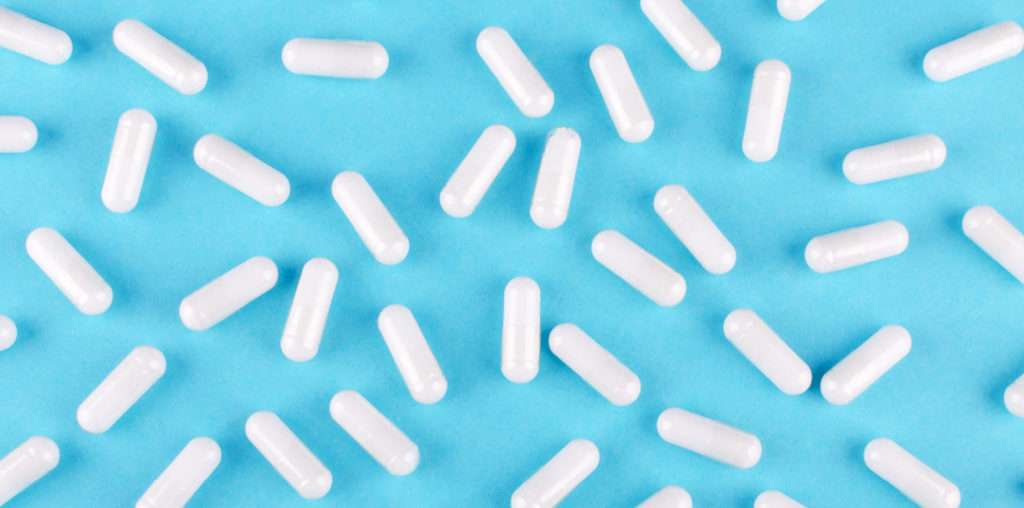How to Take a Probiotic: The Basics
You’ve done your research. You’ve talked to your physician (or nurse practitioner) and confirmed that it’s a good idea for you and your family to take a probiotic.
Assuming you’ve chosen the right probiotic — ideally one with multiple strains of beneficial bacteria — your next decision is a critical one.
How do you take a probiotic to get the most out of it?
If you’re a healthy adult
Adults receive that gut health boost if they take a probiotic about 30 minutes before eating their first meal of the day (probably a morning meal) or on an empty stomach, ideally with water.
The goal is to give the beneficial bacteria in a probiotic some extra time to travel from the bottle to your gut without food getting in the way.
An often-cited study in the health journal Beneficial Microbes concluded probiotics containing multiple strains of key bacterial strains survived when taken before a meal (including two of the 10 important strains in EndoMune Advanced Probiotic).
On the other hand, taking a probiotic after a meal, when stomach acid is at its highest, was the worst time as beneficial bacteria survive in far fewer numbers.
If you’re raising a healthy kid
Young children may need some extra help, especially if their developing gut health may have been compromised or they’re having problems like constipation.
For children under age 3, parents can help to protect their developing immune systems and potentially reduce problems with colic by sprinkling a multi-species probiotic in powdered form (like EndoMune Junior Advanced Probiotic Powder) in a liquid or noncarbonated formula or on soft foods before or with their meal once a day.
Once your child moves past her/his toddler times, he/she graduates to a probiotic of their own, for example, the chewy, fruity EndoMune Junior Advanced Chewable Probiotic.
On that sick day
We’ve been relieved to hear that it’s become much more common to see patients taking a probiotic when they’ve been prescribed an antibiotic.
Antibiotics are very effective so long as they’re prescribed when they’re really needed. Unfortunately, they can also become a real problem by wiping out the good bacteria in your gut while letting the bad bugs hang around and create more problems like those related to superbug infections.
That’s where taking a probiotic can limit the problems. Just be sure to give yourself a two-hour break between taking an antibiotic and probiotic. That extra gap gives those beneficial bacteria some extra time to do their work.
The prebiotic boost
When you’re taking a probiotic, be sure that it includes prebiotics, the unsung heroes of gut health.
Made of non-digestible plant fibers and carbohydrates, prebiotics do a lot of the important work behind the scenes to feed the bacteria living in your gut, thus stimulate their growth.
For example, EndoMune Advanced Probiotic, EndoMune Advanced Junior Chewable Probiotic, and EndoMune Advanced Probiotic Powder contain fructooligosaccharides (FOS) that are contained in many plant foods like garlic, leeks, asparagus, and bananas.
One more thing
We encourage you to talk to your doctor before starting a probiotic. It’s really important to address any concerns either of you have, particularly if you’re taking a drug for a specific health issue, like an immunosuppressant or antifungal.
Resources
How to Take a Probiotic: The Basics Read More »











